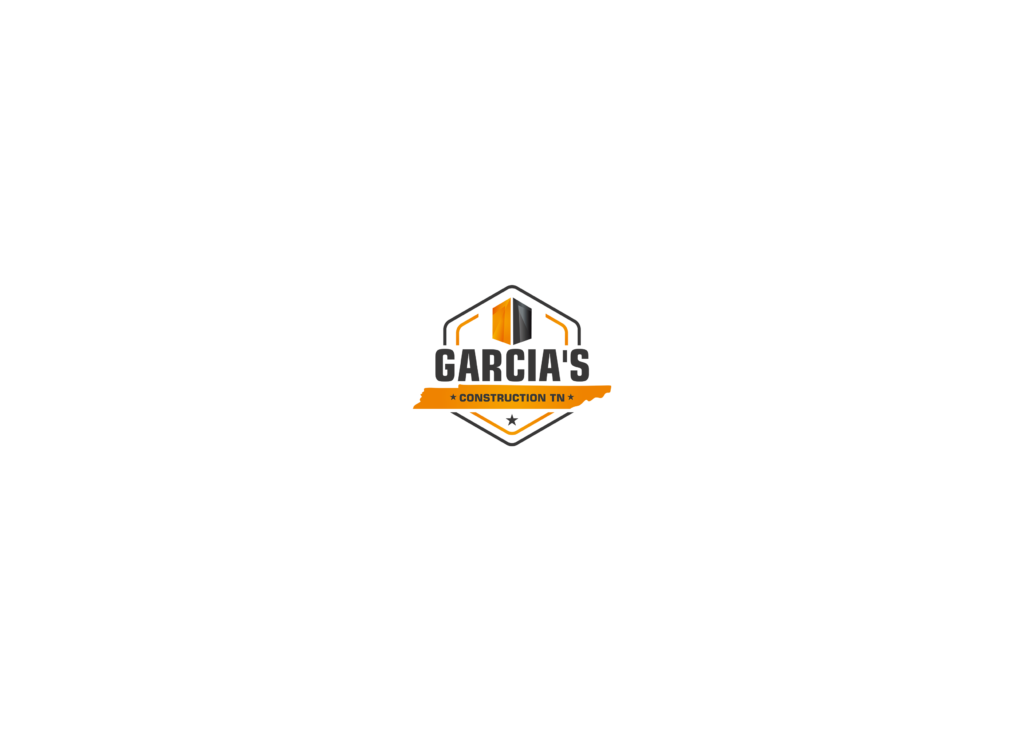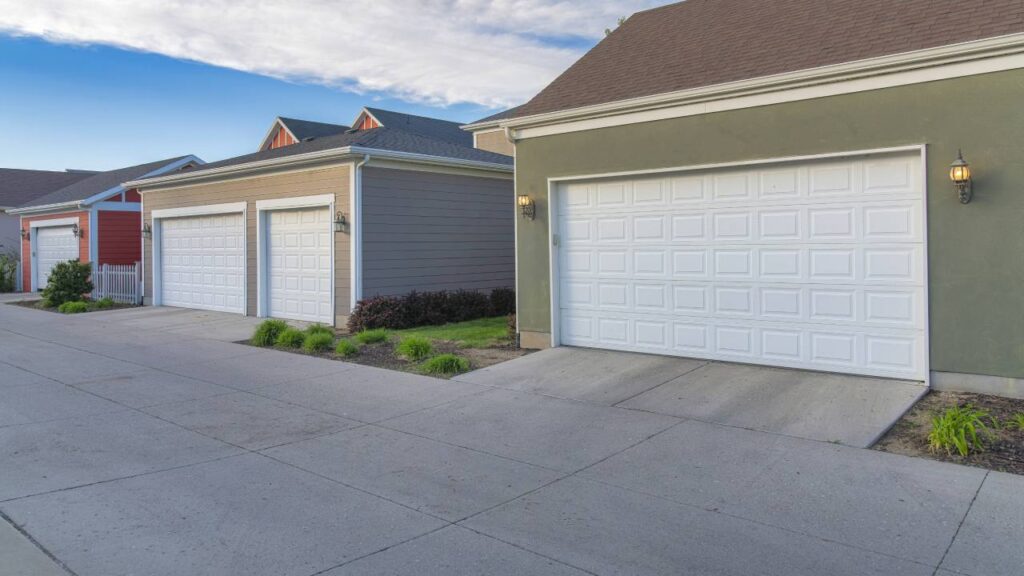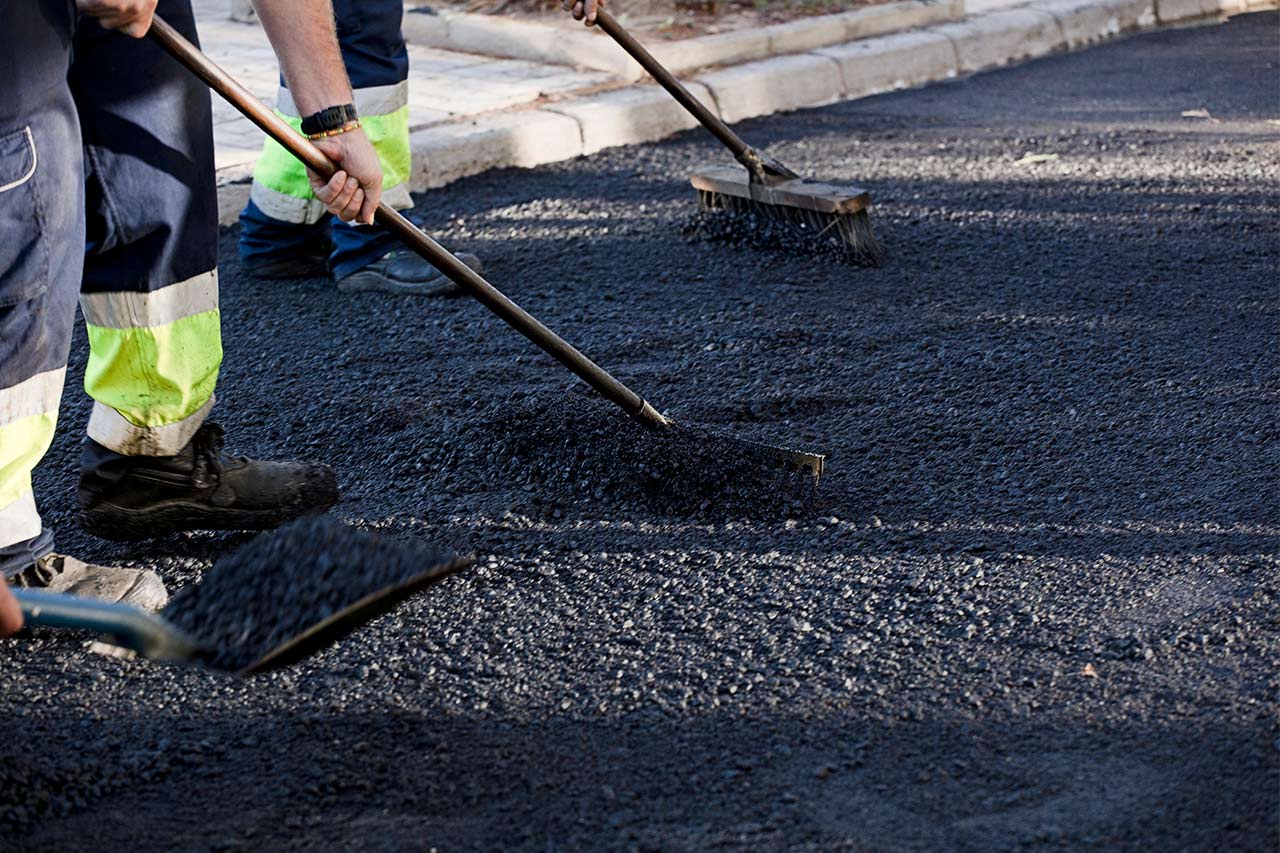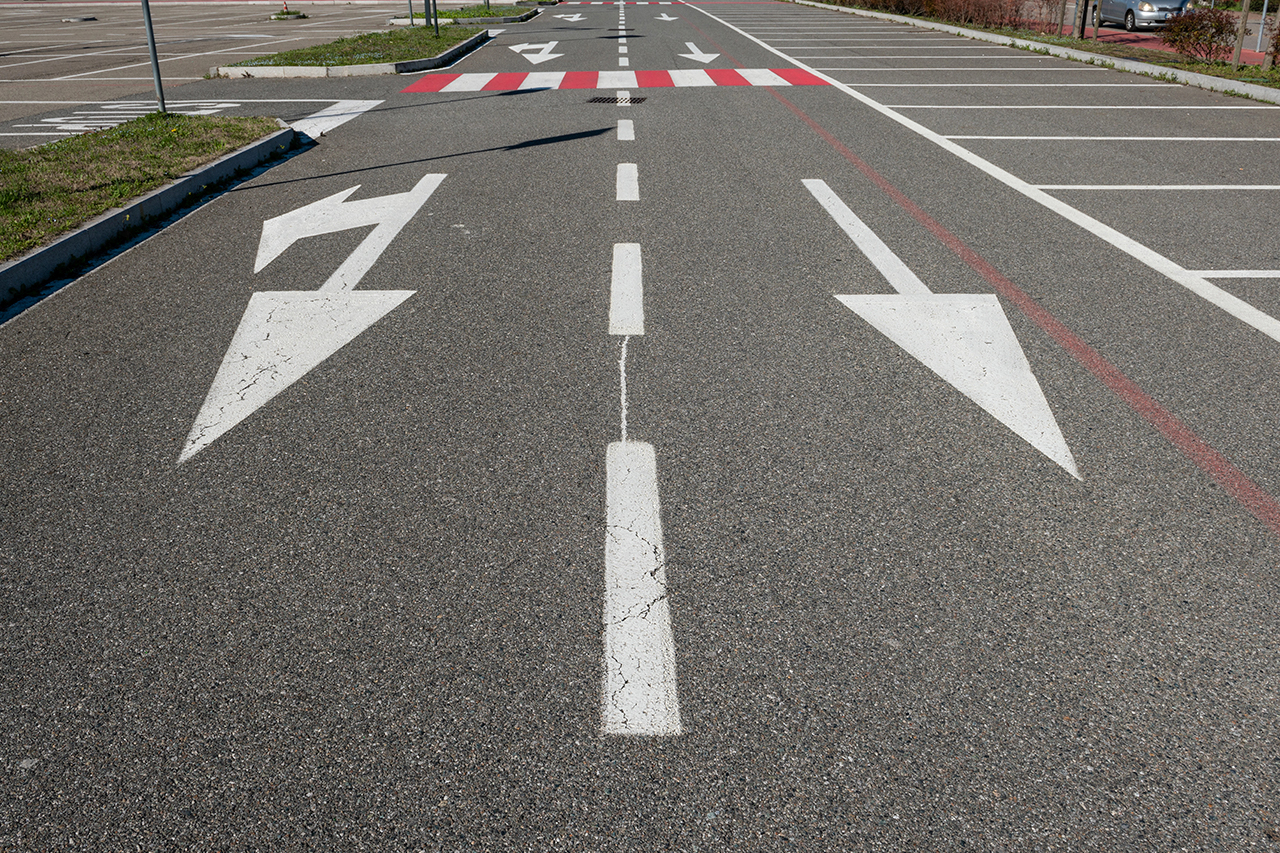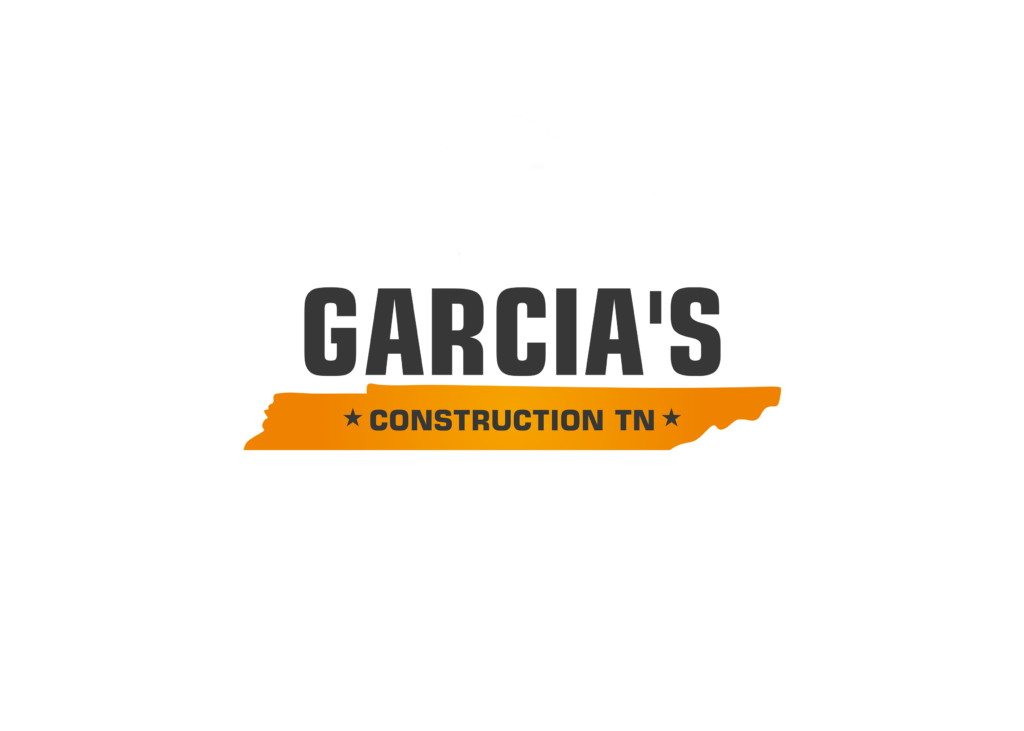Installing a concrete driveway can be an excellent investment for your home. It can improve the appearance and value of the property and provide a durable surface to park your vehicles.
It is important, however, to approach the installation process with care and detail, as mistakes made during the installation process can result in costly repairs later.
Here we’ll tell you some of the most common mistakes to avoid when installing a concrete driveway to ensure your new surface is durable and attractive for years to come.
Not Properly Preparing Your Driveway
When installing a concrete driveway, it is essential to properly prepare the ground to prevent potential damage and degradation. Failure to do so can result in an uneven or shifting driveway that cannot support the weight of heavy objects.
To ensure your concrete driveway is stable, smooth, and built to last, you must level and drain the ground before pouring the concrete. Grading helps level the environment and creates a slight slope away from the driveway to prevent erosion and cracks. Meanwhile compaction compresses the soil to create a solid base and prevents it from settling and shifting over time.
Insufficient Curing Time
When working with concrete it is important to remember that curing time is important to ensure that the concrete reaches its maximum strength and durability. Not allowing concrete to cure properly can lead to problems such as reduced strength, cracks, and damage. Additionally, if concrete dries too quickly it can shrink and crack, putting the integrity of the driveway at risk and shortening its useful life.
To ensure that the concrete cures properly, it is essential to follow the instructions provided by the concrete manufacturer, who will provide you with specific guidelines on how long to wait before using the driveway and how to maintain the correct moisture levels for the concrete.
Inadequate Reinforcement
Reinforcing concrete is important to ensure that your driveway is strong and durable. Concrete can crack and shift over time, without proper reinforcement creating an unsafe uneven surface.
It is essential to place the reinforcing material at the correct depth within the concrete slab for adequate reinforcement. It is also important to properly anchor the support to the ground to prevent it from moving.
Use Low Quality Materials
Low-quality materials can be a good way to save money in the short term, they can lead to significant costs in the long term due to frequent repairs and replacements.
Low-quality concrete is often weaker and less durable than higher-quality concrete, causing cracks, shifting, and other damage over time. Additionally, low-quality materials may not be able to withstand the weight of heavy vehicles. Which causes additional wear and tear and a shorter lifespan of the driveway. Low-quality materials can also affect the finish of the driveway, resulting in a rough or uneven surface that is less aesthetically pleasing.
